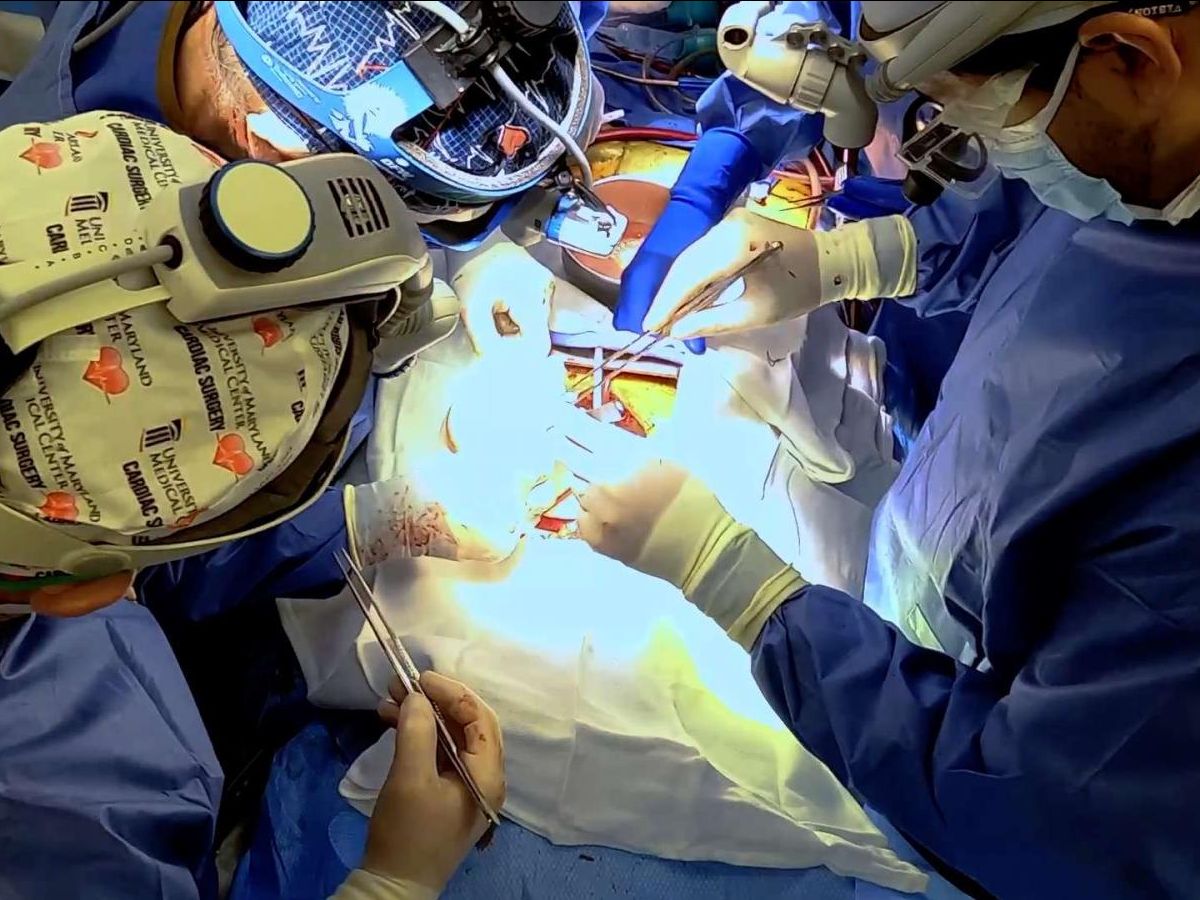
The EU has not seen a company seek regulatory approval for cultured meat in a very long time. Some countries, such as IsraelSingapore, the United States and European countries outside the EU have all approved this use. United KingdomYou can also learn more about the following topics: SwissNo one has asked the EU for approval of regulatory standards.
This was the case until recently. The French company Gourmey has applied to the EU to approve its foie gras. They have also submitted approvals to Switzerland, the UK, the US and Singapore. It plans to export the product worldwide. The company operates in many markets. It focuses on catering to chefs.
The approval process is estimated to take around 18 months, and is considered one of the most rigorous in the world. The process is a collaborative effort between experts and government officials to determine whether Gourmey’s product is safe to consume and what its potential environmental, economic and social impacts may be. Gourmey’s cultured beef will now be available for sale in all 27 EU states if approved.
Why does it take so long to submit an application to the EU?
This is the first ever application for European approval from a company producing cultured meat. What is the reason?
Seth Roberts is a senior policy officer at the Good Food Institute Europe. He told FoodNaviagor that the EU’s Novel Foods Act sets the benchmark for international food safety.
It is great that producers have taken the time to gather nutritional and safety data, ensuring that products are in the right place before submitting their dossiers. This allows EFSA’s experts to begin the rigorous assessment process.
He told us that the candidacy was important so that the EU did not lose its competitive advantage against the United States or Asia.
Why did Gourmey file an application with the EU?
Nicolas Morin Forest, CEO of Gourmey, told FoodNavigator that the EU regulatory process is “the global gold standard” for new food regulations. The EU is our benchmark for regulatory strategies because it has the highest food safety standards and the strictest approval criteria.
We hope that Gourmey's innovative app will encourage other cultivated food companies to apply for marketing authorisation in the EU or elsewhere.
Morin Forest stressed that cultured meat is an important step towards the goals of food security, sustainability and food safety. It also helps create resilient food systems. If the product is of quality, it will be more easily adopted by consumers.
Differentiating EU regulations from those of other countries
Nicolas Morin Forest of Gourmey explained to us that Singapore, the EU, Switzerland and the UK follow the same processes to approve novel foods, as they follow the Novel Food Framework. Switzerland, the UK and Singapore follow the guidelines of the European Food Safety Authority.
In the United States, there are specific pathways for foods made from animal cell cultures that involve the Food and Drug Administration and the United States Department of Agriculture, depending on the species.
Why foie gras?
Foie gras is often considered cruel because the ducks must be force-fed several times a day before being slaughtered. King Charles III banned the consumption of foie gras at Buckingham Palace in 2022 due to concerns about animal cruelty.
Foie gras is considered a luxury food, even though it is associated with animal cruelty. Gourmey aims to combine luxury and sustainability with its refined offering, while avoiding animal cruelty.
The premium food segment is where most of the exciting innovations are happening.
